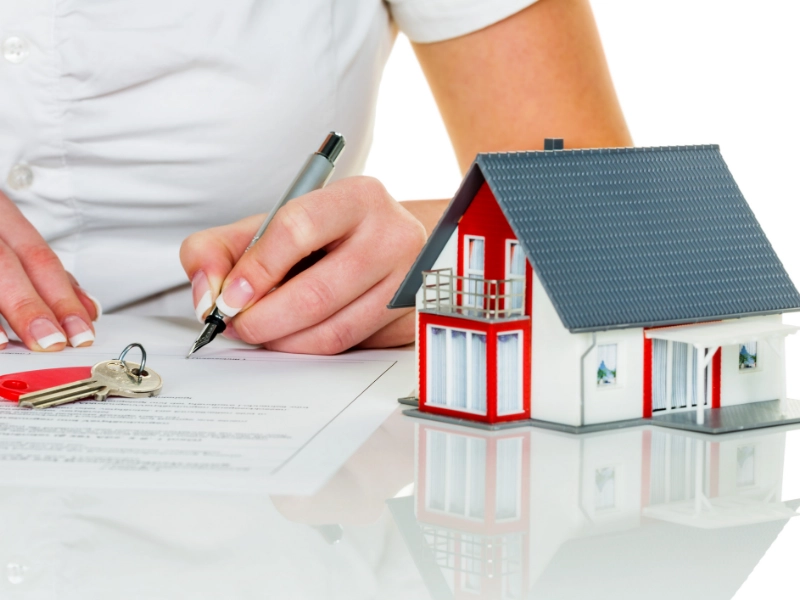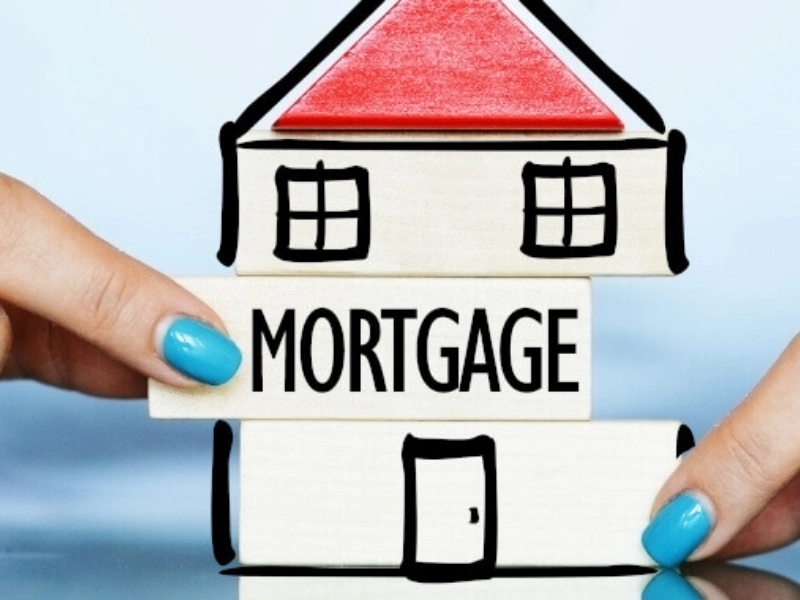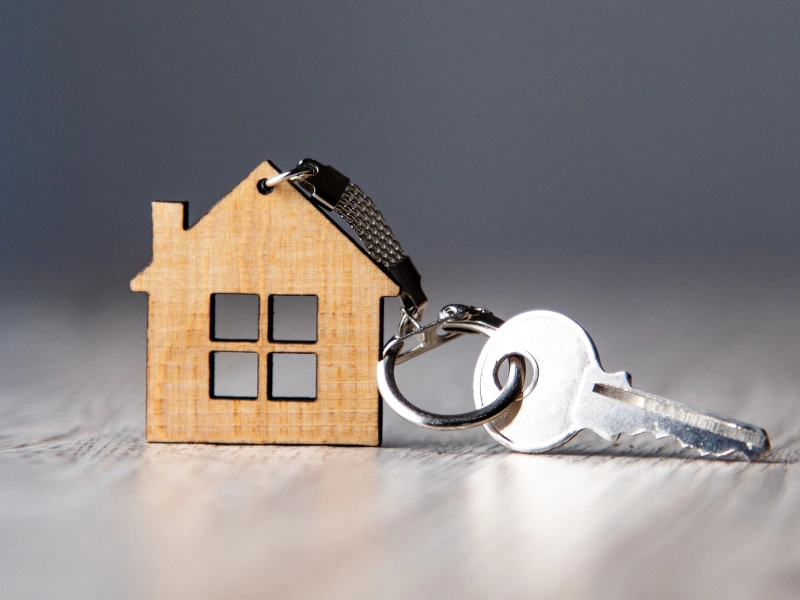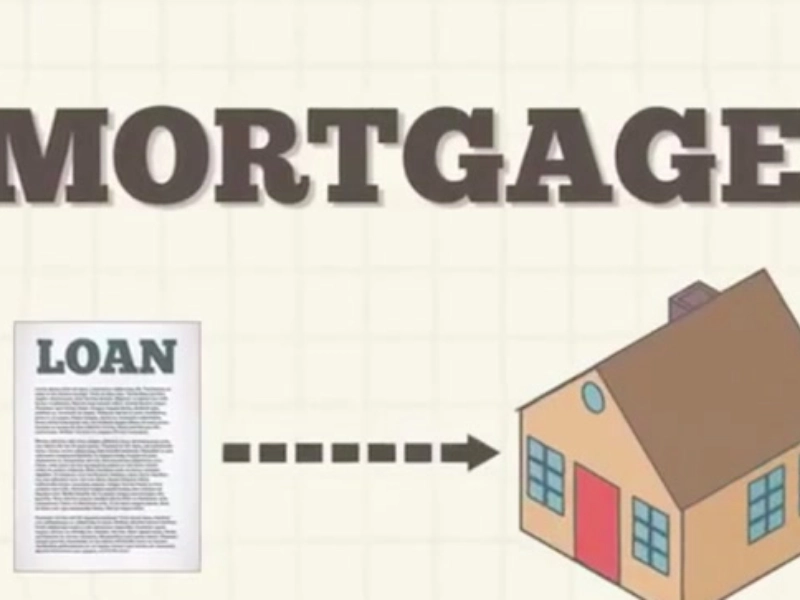Getting the Best Home Loan for You Through the Mortgage Maze
Selecting the appropriate mortgage provider is a crucial phase in the process of purchasing a home. Lenders of mortgages provide a wide range of terms and options, including jumbo, conventional, and government-backed loans.
Obtaining mortgage preapproval is a crucial initial step in the home-buying process that demonstrates to sellers your seriousness. Find the right mortgage for you by learning more about closing fees, mortgage rates, and other types of mortgages.
1. Be aware of your objectives.

Mortgage loans come in a wide variety, each with unique prerequisites and qualifying standards. It is crucial for purchasers and real estate investors to select a lender who provides financing alternatives that align with their objectives and financial constraints.
Knowing how much you can afford to pay each month for things like insurance and property taxes is also crucial. Because of this, it's critical to evaluate your credit and financial status prior to beginning the mortgage application process. You'll be able to reduce your alternatives and make wiser judgments by using this self-assessment.
2. Obtain prior approval.

A lender will evaluate your income, credit history, and financial data as part of the mortgage preapproval process in order to establish how much you can pay. This crucial stage in the home-buying process can help you make stronger offers, save time, and gain the attention of sellers.
A few weeks or months may pass during the process. You'll have plenty of time to tour areas, look at houses, and select one that meets your requirements. After that, you can proceed to the last round of mortgage approval, which entails getting your mortgage loan documentation and passing a third-party home appraisal.
3. Recognize your down payment.

How much you can borrow depends in part on your credit score and the amount of your down payment. Your upfront costs and monthly mortgage payments will decrease in proportion to the size of your down payment.
The required minimum down payment varies depending on the type of financing. Compared to traditional loans, government-backed loans frequently have lower downpayment requirements.
Aim to set aside as much money as you can each month for the down payment. Use financial instruments to accelerate the growth of your down payment cash, such as high-interest savings accounts or investments.
4. Examine closing costs and mortgage rates.

It's vital to compare mortgage rates and closing expenses because they can differ significantly. Additionally, you should be aware of the many kinds of house loans, such as fixed-rate and adjustable-rate mortgages. Every loan has advantages and disadvantages, so pick one based on your financial objectives.
Closing costs, which can include things like an escrow charge, recording fees, a home inspection fee, and a title search fee, are usually equal to 2–6% of the entire loan amount. Some of these costs are negotiable, and you can compare lenders to discover the best deals.
5. Speak with lenders.

It is imperative that you speak with lenders when you are prepared to embark on your journey towards homeownership. You may find out how much house you can afford and about your mortgage alternatives with the assistance of a lender.
Make sure the lender you select is accommodating and open about the procedure. Choose one with technology that facilitates the uploading of documents and the receiving of progress signals.
Speak with lenders about origination and appraisal fees for loans, as well as any potential prepayment penalties. All of these are negotiable and might result in mortgage savings of thousands of dollars.
6. Bargain with creditors

Based on a borrower's credit history, stability, and size of down payment, lenders may be open to negotiating interest rates and loan terms. You can boost your negotiation position by raising your credit score and lowering your debt-to-income ratio.
Get mortgage quotes from various lenders. Key information regarding closing expenses, fees, and the terms and interest rate of the lender's loan is included in these documents. Reading every document carefully can help you identify any items that might be negotiable.
Select a lender that provides excellent customer service and competitive rates. A skilled lender can assist you with the procedure and provide answers to your inquiries.
7. Believe in Your Feelings

Although the mortgage market might be complicated, if you take the time to comprehend your alternatives and conduct thorough research, you can obtain the ideal house loan for your circumstances. You can achieve homeownership by heeding this advice and working with a reputable lender like Presidential Bank Mortgage.
Getting a house of your own is an exciting and significant undertaking. In order to make educated decisions about their financing alternatives and increase their chances of obtaining their ideal residences, it is critical that prospective borrowers and real estate professionals comprehend the mortgage process.








